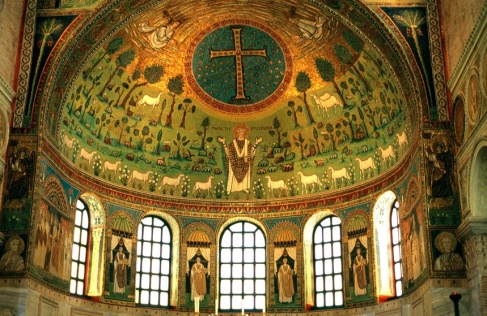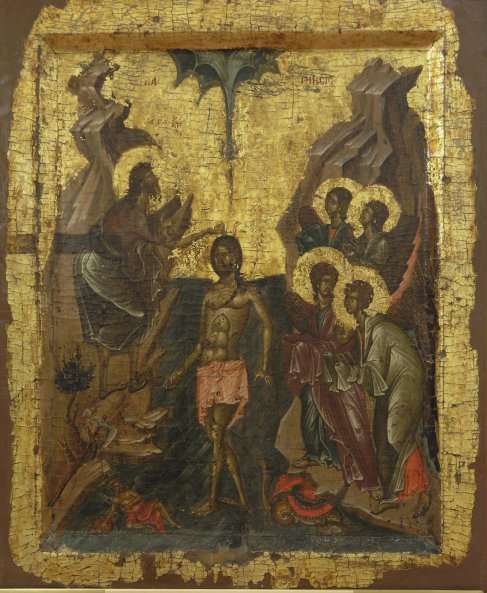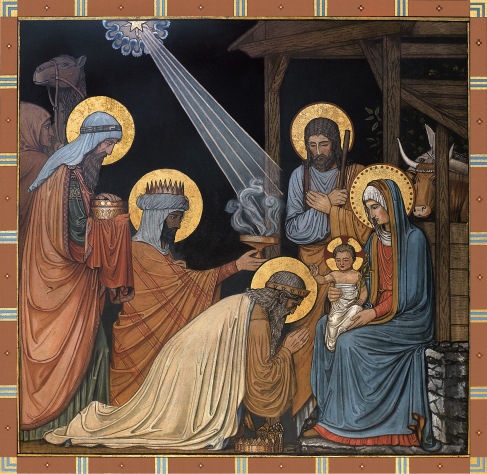Byzantine Apse in the Church of San Appolinare in Classe, Ravenna, Italy.
Here is an excerpt from a very short sermon by St. Peter Chrysologus, who served as Bishop of Ravenna from 433 to 450. The sermon was probably given when he was preaching as a guest outside his own city, but few other details of composition are known. The translation is by George E. Ganss, S.J., as it appears in ‘St. Peter Chrysologus: Selected Sermons and St. Valerian: Homilies’, in Volume 17 of ‘The Fathers of the Church’, New York, 1953.
‘What is there, O devout people of the Lord, which we can fittingly offer you, even though we are poor and very unlearned? Beyond any doubt, peace, that peace which our Lord Jesus Christ bids us to offer every house we enter. Hence, at the very beginning of our greeting we, too, prayed for peace to you from the Lord. It should be possessed always, and prayed for continually. We are not speaking about that faithless, unstable peace of this world, which is either sought for its advantages or preserved through fear. Rather, there is question of the peace of Christ, which according to the statement of the Apostle Paul surpasses all understanding, and preserves the hearts of the faithful.
‘This peace is nourished from the rich fruitfulness of charity. It is the nursling daughter of faith, the supporting column of justice. Peace is a suitable pledge of future hope. Peace, which unites those present, invites the absent. This peace reconciles earthly things with the heavenly and human matters with those divine. For, that is what the Apostle states: ‘that our Lord Jesus Christ established in peace through His blood all things whether on the earth or in the heavens.’
‘These, therefore, are the viands which a traveling pilgrim has set before you, in proportion to his strength as a poor man on a journey. May the God of peace, who joined earthly things to the heavenly, grant us to relish the same things one with another, and to rejoice in our complete concord, through Jesus Christ our Lord, through whom glory is given to God, the Father Almighty, forever and ever. Amen.’



